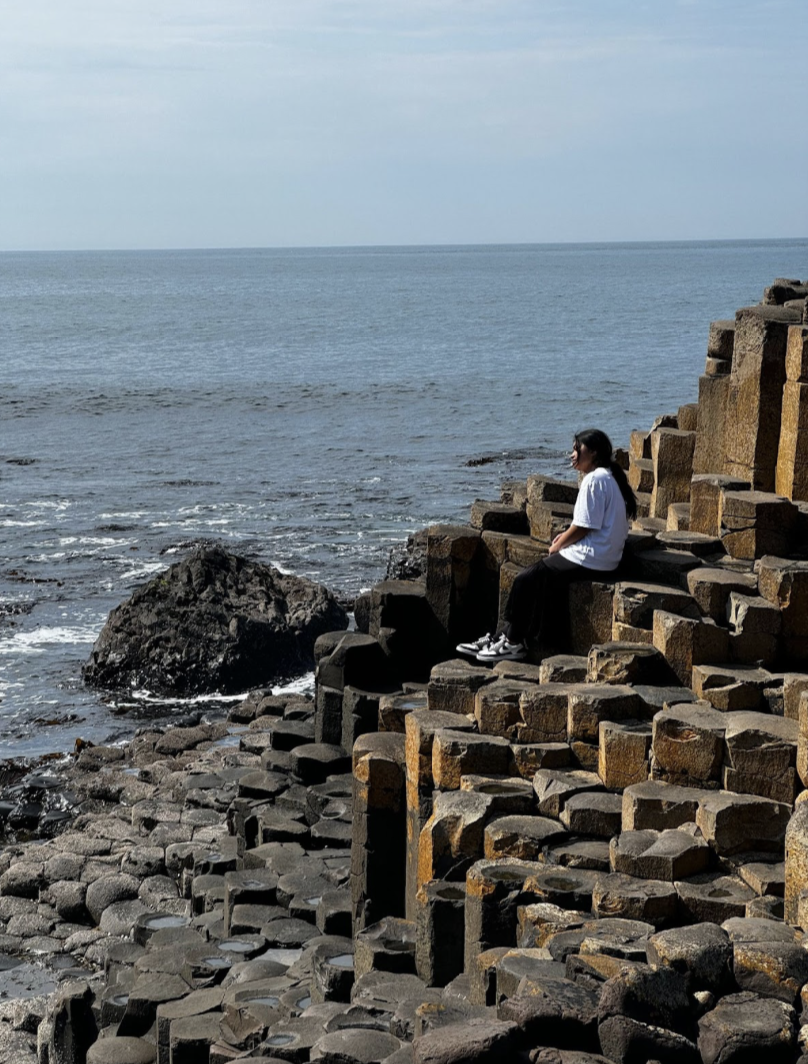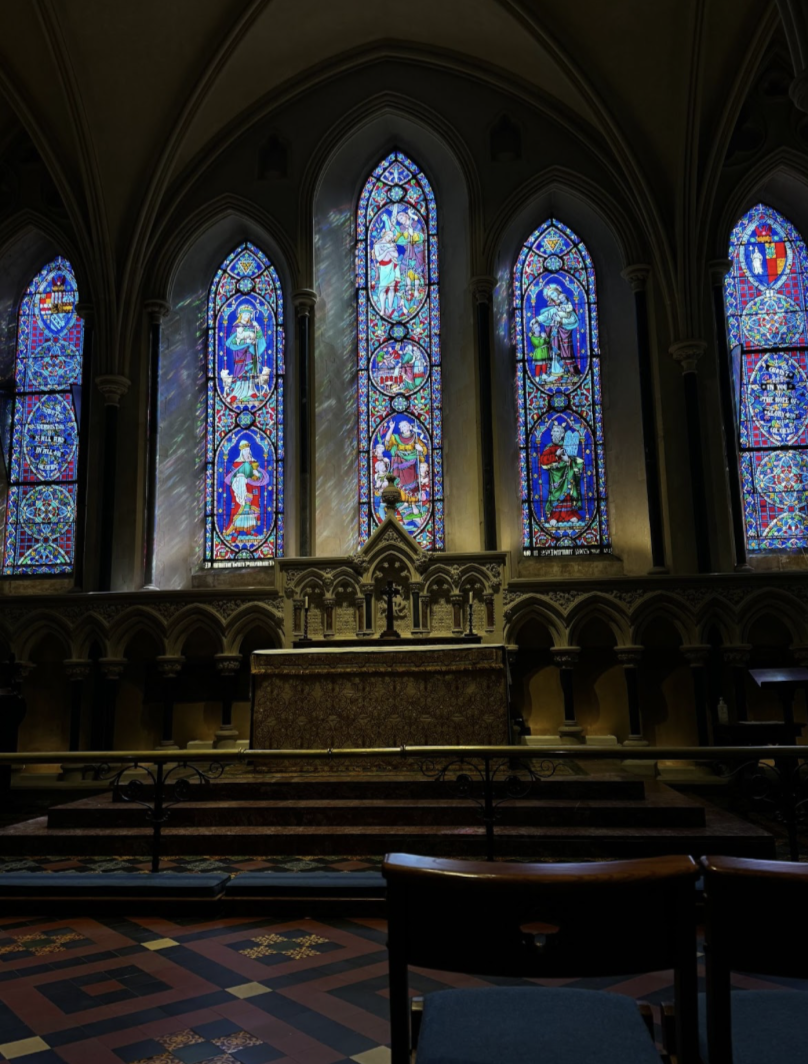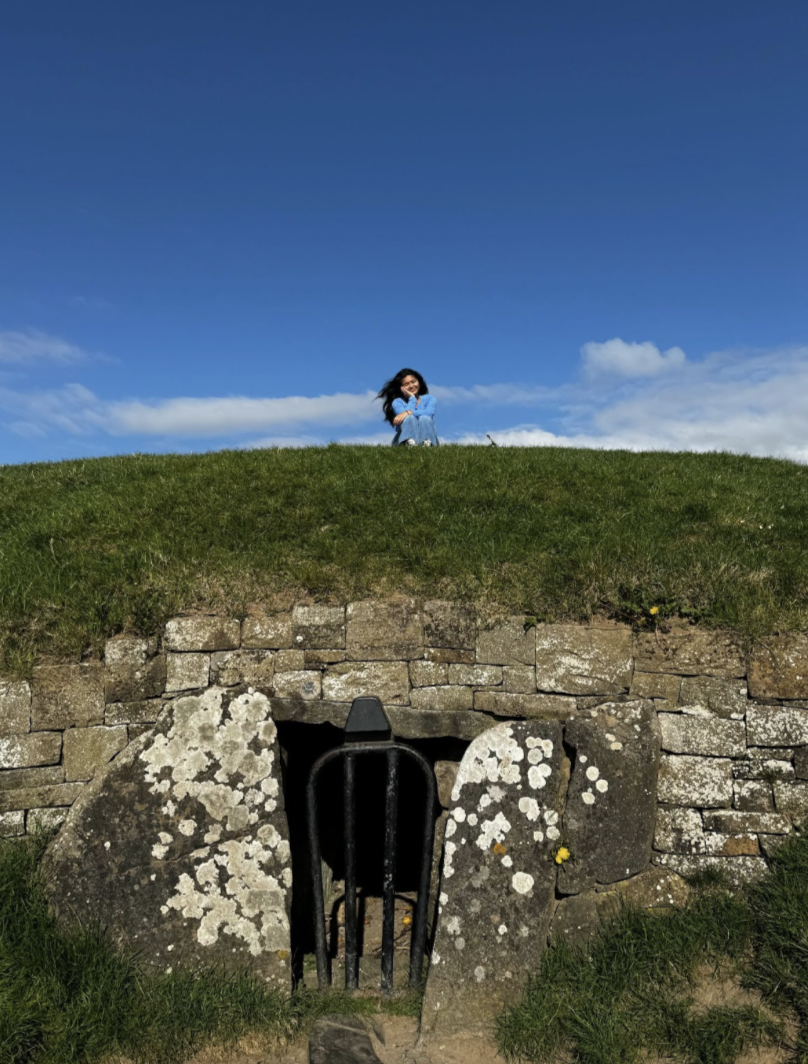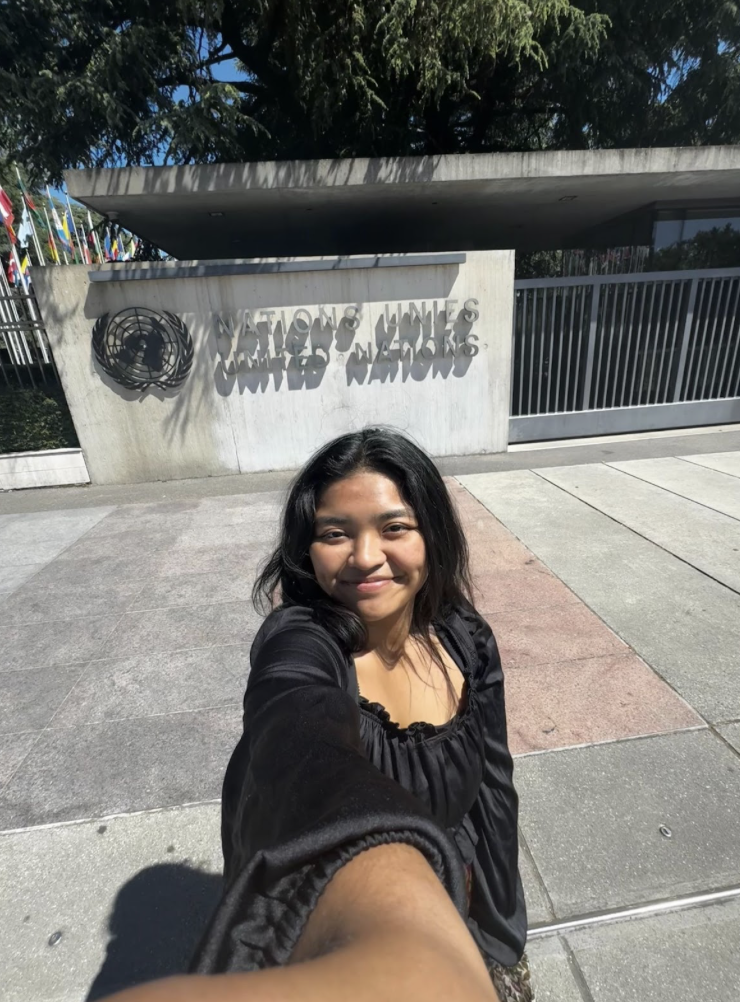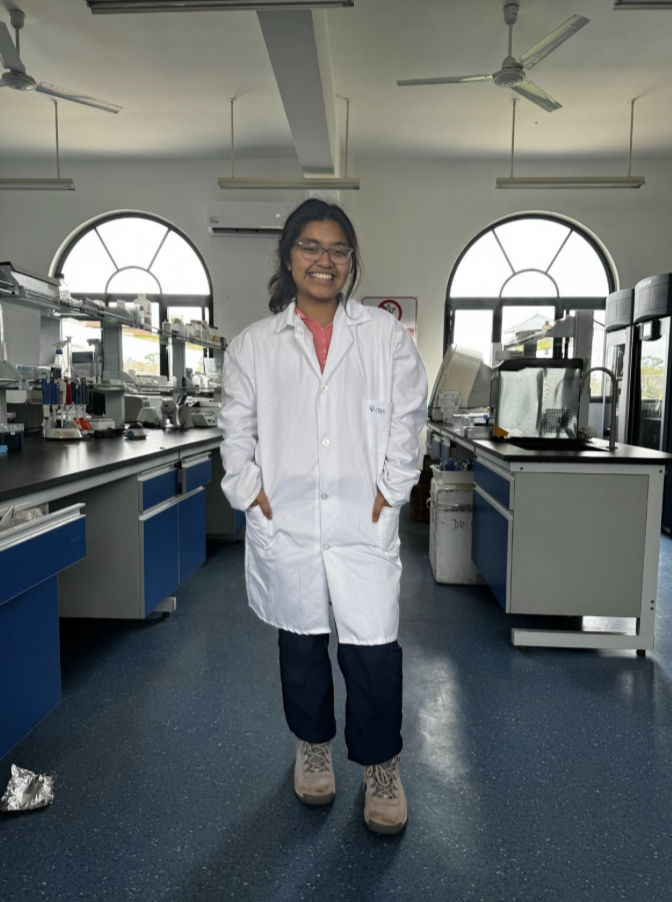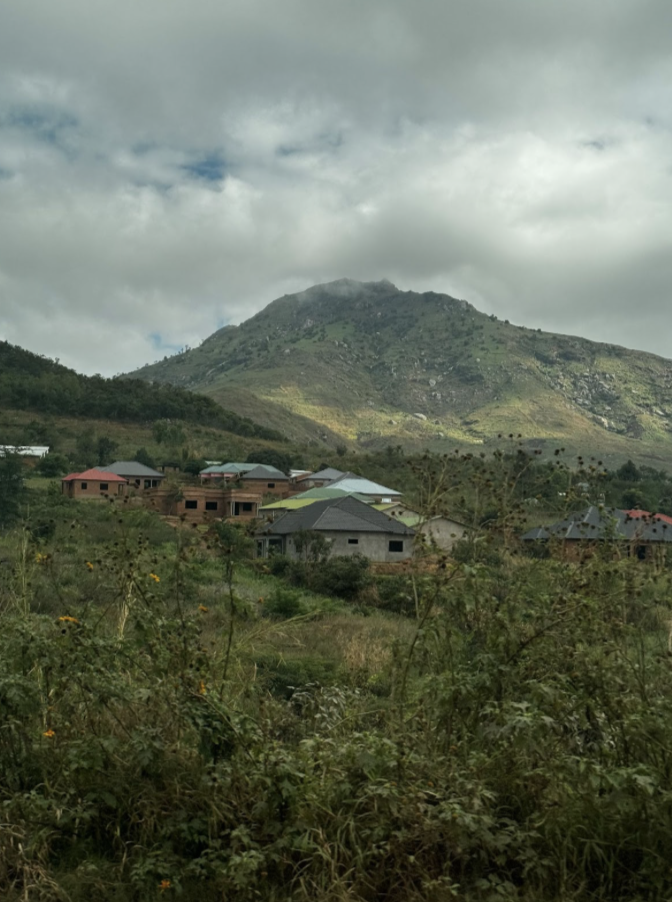Hershberg Scholarship Recipient, Hannah Limbong’s Study Abroad Trip to Ireland, Switzerland, and Malawi
One of my inspirations for my summer project is my love of stories that grew at the dinner table. Beyond what we did that day, this was where my parents shared stories of their life growing up and building a new life in America. Through their stories, I found that storytelling connects people across generations and places. It shapes how we see the world and how we choose to act in it. My goal for the summer was to learn about communities through their stories and how humanitarian organizations speak about the people that they serve.
My journey began in the Emerald Isle where I set out to understand Irish identity and how history and storytelling intertwine. There was one museum called EPIC (The Irish Emigration Museum) where I gained more insights into Ireland’s long story of emigration. The Irish people’s resilience stood out to me. Their history of famine and oppression has not broken them but instead strengthened their sense of community and compassion for others. It is even showcased in how they show up for their international neighbors being a center of global relief.
There was a quote that stood out to me at the museum, “In fact, I have become more convinced each year that this great narrative of dispossession and belonging, which so often had its origins in sorrow and leave-taking, has become, with a certain amount of historic irony, one of the treasures of our society” (Address by Uachtarán na hÉireann (President of Ireland), Mary Robinson February 2, 1995). Of course, no Irish experience is complete without the joy of food and friendship.
I enjoyed Irish stew at an Irish pub with my friends. I celebrated my 21st birthday on the way to Dublin and had my first Guinness at the Guinness Storehouse. I explored ancient sites like Newgrange and the Hill of Tara, stood in awe of the stained glass windows of St. Patrick’s Cathedral, and had sunset picnics with friends in Galway. Hiking the Cliffs of Moher and the Giant’s Causeway left me in wonder of nature’s storytelling, the kind that needs no words.
Before I knew it, I was flying into Geneva, Switzerland. The slower pace of life was refreshing. I’ve never seen so many people in the middle of the day walking, running, and picnicking. Feeling inspired, I enjoyed taking in the mountains and the serenity of the environment. It was fun making new friends and sharing fondue and bread next to Lake Geneva. On one of the days, I did a walking tour with a local as they gave me more of the history of the international district including the International Red Cross, the United Nations and their sister organizations such as the World Health Organization.
It was surreal walking where many leaders before me walked, especially passing by the World Health Organization as a public health student interested in global health. One of my favorite museums was the International Red Cross Museum because I appreciated the intentionality that went into its curation. Oftentimes, when people are experiencing war, natural disasters, and other atrocities their humanity is stripped away. Art, photos, and music were platforms for people to have a voice and help restore peoples’ humanity.
The prompts throughout the museum made the viewer think about our humanness even when we can’t fully understand the pain that others have gone through. My faith is an integral part of my life. I had an opportunity to talk to the Lutheran World Federation’s Senior Advocacy Director of Human Rights. Our conversation was insightful as we talked about advocacy and the role of civil society in international spaces.
One thing that they said that resonated with me was that when talking about issues that people face with different consulates it is important to not talk on behalf of the people impacted but with the people. This human-centered approach to storytelling, specifically advocacy, is what I kept in mind as I traveled to my final destination.
Finally, I spent a month in Malawi, a landlocked country in southeastern Africa. I assisted in public health research focused on nutrition and food security with the University of Louisville partnered with Mzuzu University and Malawi University of Science and Technology (MUST).
My journey began in the capital city of Lilongwe and continued seven hours north to Mzuzu, where I stayed at Mzuzu University. I then traveled to the southern part of Malawi where I continued assisting in research at MUST. Beyond research, I also participated in grassroot food security initiatives such as a local feeding program where I helped prepare staple foods like nsima alongside Malawian women. One of my favorite memories was visiting a nearby elementary school where a colleague assisted. Over a hundred students filled the classroom, buzzing with energy. We played an enthusiastic game of rock, paper, scissors and danced to the song APT by Bruno Mars and Rosé. The moment was pure joy. I was reminded of our shared humanity that transcends borders and circumstance. Malawi has the Big Five (elephant, lion, leopard, buffalo, and rhinoceros). I enjoyed seeing animals such as lions at the Majete Wildlife Reserve and elephants at the Vwaza Reserve.
Not every moment abroad was easy. Part of my project involved shadowing doctors at one of the few hospitals in Mzuzu and writing stories about the impact of donated medical supplies from a local nonprofit, Supplies Over Seas. Ironically, the morning I was meant to shadow, I fell ill and became a patient myself. The experience gave me an unfiltered view of the healthcare system, its limitations, its dedication, and its heart. At the time, the country faced a national fuel shortage, and I saw firsthand how that crisis strained the community and access to care. Through nurses and doctors' stories, I understood how our global health systems are deeply interconnected.
Malawi is one of the poorest countries in the world, but that is far from its entire story. Known as “The Warm Heart of Africa,” Malawi is defined just as much by the generosity, dedication, and warmth of its people as by its challenges. As one Malawian student told me, “People think that Malawi is not capable of doing anything. Malawians are intelligent, Malawians are very capable of doing what other people from other countries are doing…When people from other countries come to Malawi all they see is Malawians are poor and aren’t really happy. We are happy. Malawians are happy”. I listened, learned, and now understand a little more of the nuance between humanitarian aid, government, and economy, and how those forces shape the health and daily lives of communities.
My study abroad experience challenged me to reflect on how I view communities and confront my own preconceived notions about the world. It has shown me that when engaging in work that affects lives beyond my own, it is critical to involve the people and communities most impacted. What began as an academic interest in storytelling as advocacy became a personal calling to listen more deeply, approach others with humility, and uplift voices that are often unheard. Go raibh maith agat (Gaelic Irish), Merci (French), Zikomo (Chechewa), Thank you to Hershberg for an opportunity to see the world and to never forget our shared humanity.

